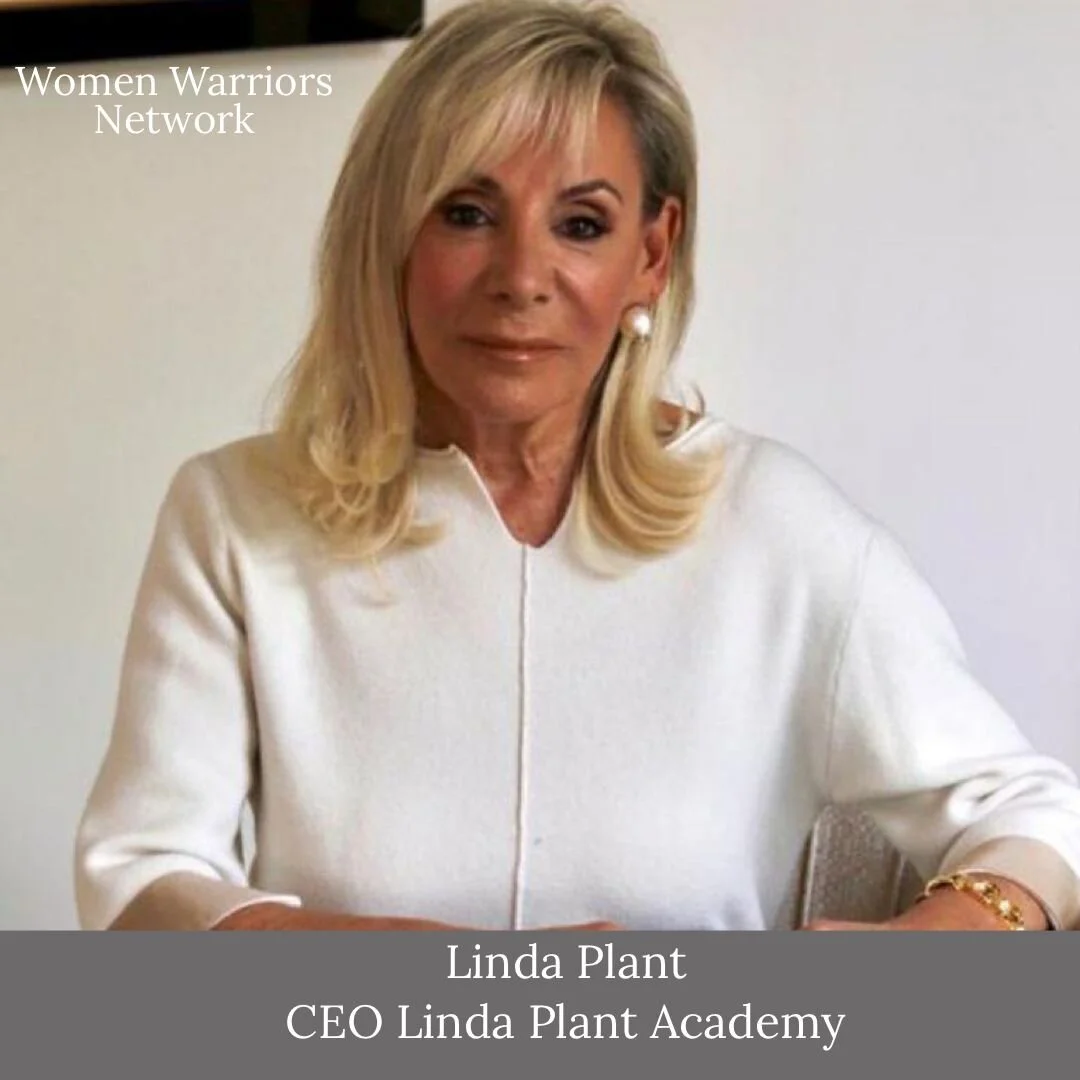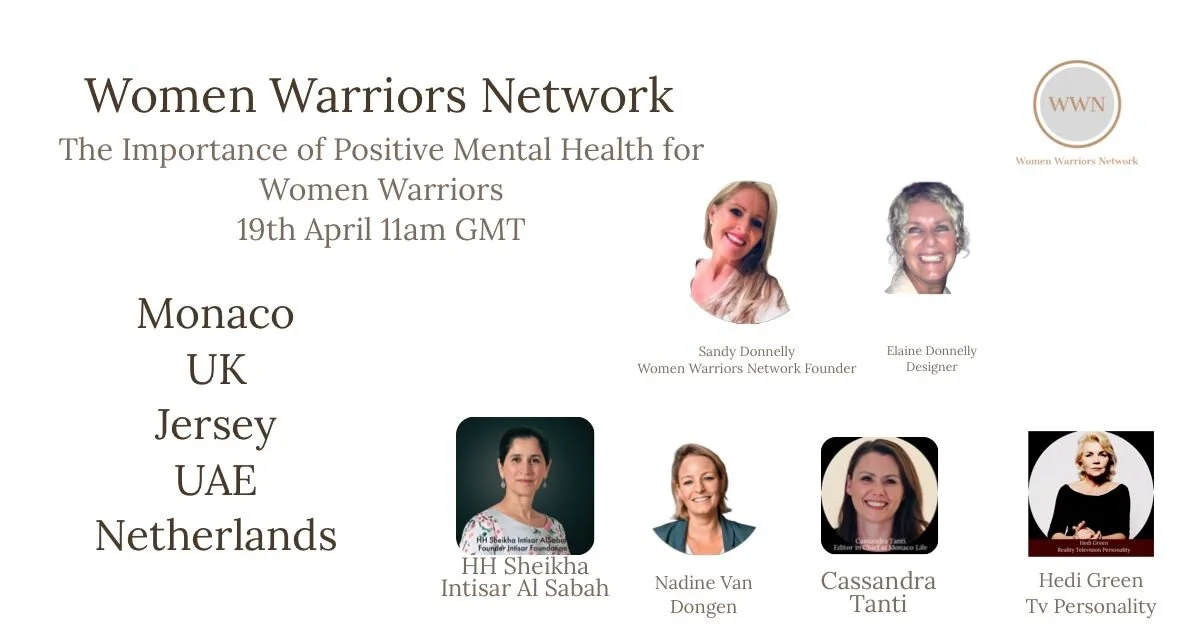“ As it is ‘carer’s week 2021’ this week I wanted to share this article about ‘Empowerment of carers’. It is written by Nadine van Dongen founder of PIPHealth - Patient Intelligence Panel the patient research company and Antonella Porta - Ella who is a carer and consultant on empowerment.
Empowerment of carers
By Antonella (Ella) Porta and Nadine van Dongen
10-06-2021
Text:
(What are are carers)
Carers are the unrecognized backbone of our society. Every day they look after and care for some of our most vulnerable fellow human beings – they selflessly attend to the basic and complex needs of those they care for, striving to enhance theirquality of life and ensuring they can remain in the place where they want to be. There are an estimated 9 million carers in the UK, and their contributions to society, individually and as a group, are unparalleled.
Antonella Porta
(Challenges for carers)
The role of the caregivers is all but simple. In facts, caregiversoften take on their own shoulders the task of searching for the best pathways for those they care for; also, they have to learn to provide care to their assisted ones, which is no simple undertaking. Further, as the disease or condition of those they care for evolves over time, carers go through their own change curve, adjusting their role to the new reality. At the same time, carers need managing all aspects of their own daily life, deal with their own emotions, and maintain theirsocial identity. In summary, carers manage a huge physicaland emotional load, and have significantly unmet psychosocial needs (Soothill and alii, 2002). Further, while patients are making significant steps forward in being visible and finding their own voice, supported and enabled by patients advocate groups, carers as individuals and ascommunity are still struggling to be seen and to find their own voice. In this optic caregiving equates to a hidden and often overlooked form of diversity - caregivers are effectively an under-represented group, which deserve to be empowered.
(Case study prostate cancer)
Additionally, due to their sustained proximity to the patient, caregivers accumulate precious experience and knowledge that, if adequately sourced and utilized, could greatlycontribute to enhance the effectiveness of the health care ecosystem and the patients’ quality of life.
The case study below illustrates the largely untapped potential that carers hold, and demonstrates that carers can serve as aprecious source of information.
Nadine Van Dongen
In a patient intelligence research project conducted by PIPHealth (www.piphealth.com) in 2020 with 8 men diagnosed with prostate cancer, the importance of the carer’svoice clearly came to light. We initially posed research questions on the quality of the content of a patient information brochure, and the feedback we received from to the men affected by prostate cancer was mainly suggesting graphic changes for the patient information brochure. However, when we interviewed 2 carers, and specifically two women marriedto a patient affected by prostate cancer, we were able todiscuss the brochure content at a much deeper level, the carersproved more critical about the quality and quantity of the information in the leaflet, and provided insightful feedback and suggestions on how to enrich the content of the brochure. This research project showed us that patients were maybe lesscritical of the quality and quantity of the information provided, arguably because their energy and focus weredirected towards fighting the disease that affected them; on the other end, carers were advocating for increasedinformation, education and support - both medical and emotional -to deal with the terminal illness of those they were caring for. Most significantly, the carers we interviewed spontaneously reported that our interview made them feel empowered - they felt like their voice was finally heard, and that they could positively influence the health care eco-system.
(What is empowerment)
The countless definitions of empowerment have some common denominators: empowerment equates to enabling, equipping or authorizing individuals or groups to think, behave, and act autonomously, to make their decision in independent, self-directed ways and to assert control over their future.
(What is empowerment of carers)
Empowerment, as it relates to health care, implies that patient independence may be optimized by helping patients to assert control over their lives (Gibson, 1991). Extending this definition to the carers group, empowering carers implies enabling them to assert control over their own lives, which include but are not limited to, their caregiver role.
(Empowerment of carers framework)
So what does it take to empower carers? While recognizing that caregivers are a heterogeneous group and that each caregiver faces a unique set of circumstances, we have identified critical building blocks upon which an empowerment framework for caregivers can be constructed. These building blocks are:
- Establish legitimacy. Recognize carers as critical contributors to health care solutions, and establish a two-ways information sharing and communication channels between carers and the other key actors of the health sector.
- Provide individual support. Enable carers to access peer support, mentoring and life/executive coaching
- Value and accommodate. Build around the carer asocial and work environment that preserves thesocial identity of the individual, value and leverage his talents and skillset, and at the same timedynamically accommodate the changes in his/her availability
(How to empower carers: tactics)
Whilst the building blocks above provide a framework for the empowerment of carers, we all have a role to play in ensuring that carers assume a more central role – as stakeholders and as contributive partners – in the health care ecosystem. We invite you to reflect on the piece of work you are conducting at the moment, and review whether the carer’s voice has been takeninto account. Whether you are developing a patient support programme to aid self-management or writing a strategic product launch plan, carers can be a precious partner and ally.
Action steps to empower and support carers and tap into their knowledge and experience include:
- Co-creating information materials with carers and/or for carers, through insights projects or market research projects.
- Providing life-coaching workshops that holisticallysupport carers, and integrating life\executive\peercoaching for carers in patients support programs and other settings
- Ensuring that health education programs or awareness programs are directed to carers as much as patients. Consider integrating workshops and life/executive/peer coaching that is specifically directed to carers
- Provide carers with dedicated user- accounts in Patient Support Programs
We, Nadine and Ella, are advocate and allies of carers, and this article is our contribution to the empowerment of carers. We thank you for taking the time to read this article, and are looking forward to seeing you taking your own steps for the empowerment of carers.
BIO:
Antonella (Ella)
With her impressive breadth of experience in pharma, consultancy and FMCG and her rich and eventful life experience, Ella brings in different perspectives, works across functional and geographical boundaries, drives positive change and invariably delivers value. Ella passionately drives empowerment through her executive coaching practice, mentoring programs and creative workshops. https://www.shellaconsulting.com/
Nadine:
Nadine is working on a PhD research programme at King’s College London where she is developing a behavioural patient segmentation measure to aid adherence. She is the founder of the Patient Intelligence© concept and managing director of the PIPHealth, the online international patient platform that gives access to thousands of European patients that fill in her health related questionnaires.https://www.piphealth.com/
https://www.carersuk.org/news-and-campaigns/campaigns/carers-week























